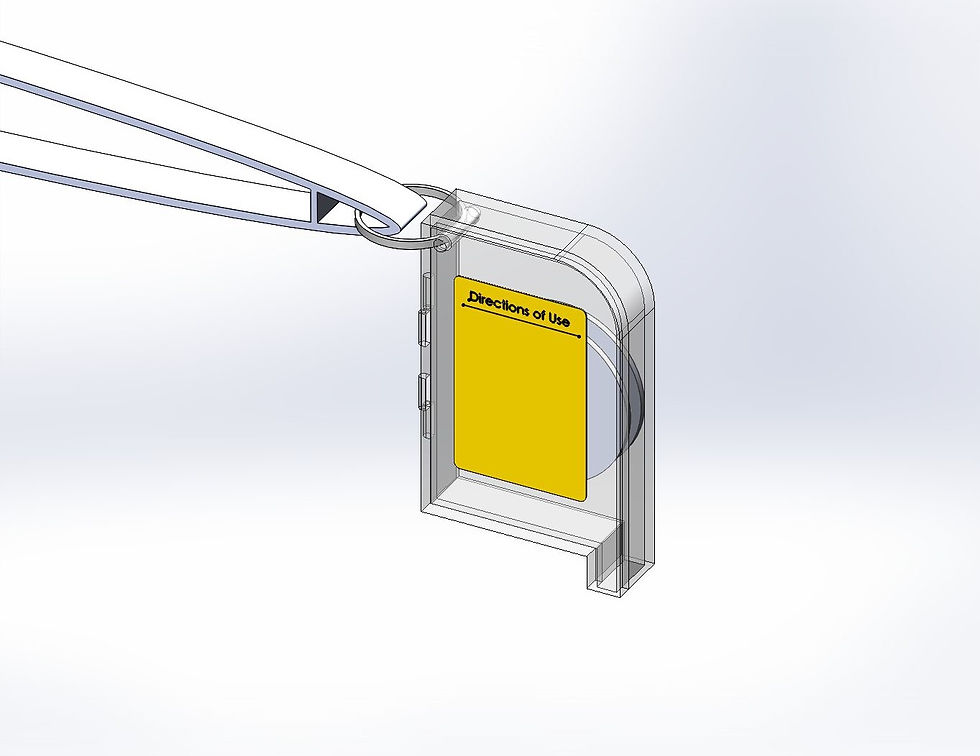Mentoring BME 182: Biomedical Product Design
- Dirghau Manish Patel
- Feb 7, 2022
- 2 min read
In Jan 2021, I started mentoring BME 182 students on biomedical product designing methods and techniques. I was given a batch of 45 freshmen students to mentor for the Spring 2021 semester where I taught them the steps to develop and design an innovative biomedical device.
So, the first step included dividing students in groups and assigning them nations that require healthcare and medical assessment. They were required to study those nations regarding the healthcare sector problems largely faced by those nations. This helped the students to gain knowledge about how to sort information from gathered data and different resources available for the same. This helped them develop a profile about the medical systems of their respective country.
Thereafter, they were asked to pick any one issue that really intrigued them and form a problem statement that they would address in the device that they design. By next week, concept generation and design concept was ready for each nation. Each nation received a feedback from their mentors regarding their concepts and once approved, were told to start with the designing of the device using SolidWorks.
The SolidWorks designing required a lot of troubleshooting and many revisions for each part of the device over 6 weeks. The students were given tutorials and assigned simple designs in the beginning to help them grasp the basics of the software. Next task was assembling the medical device parts that they designed and to make sure the device worked homogeneously in simulation.
Finally, they presented their final presentation which included every task they performed from day 0 and I was really proud of my students as they outperformed my expectations at the end. This was my first time mentoring students and I was sure this was something I would willingly do if given the opportunity to.
Below you can see an illustration of the device developed by team Haiti. This device is a preventive cholera test strip as people of Haiti need to be able to detect cholera in drinking water in order to minimize contraction of the disease and reduce its further spread. Key constraints such as low cost, rechargeability, efficient supply chain and foolproofness were taken care of.








Comments